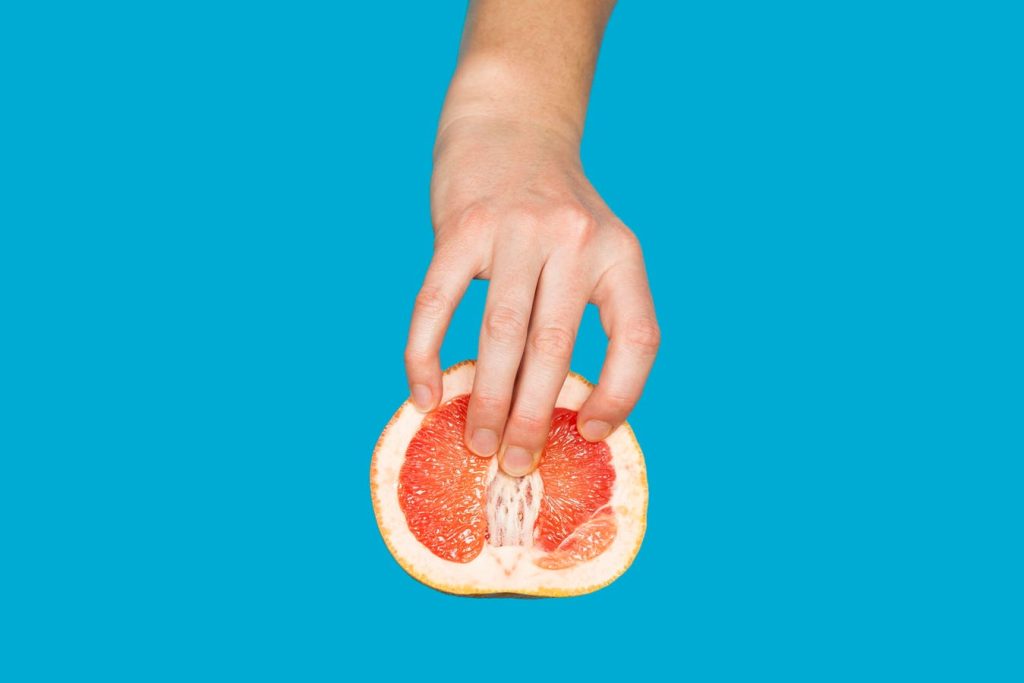Masturbation, a taboo topic for many, is actually a natural and healthy part of human sexuality. While societal norms have long painted self-pleasure as shameful or immoral, research shows that engaging in solo-sex can have positive effects on mental and physical health. A study published in the International Journal of Sexual Health found that women who engaged in self-pleasure were able to elicit positive emotions such as happiness and relaxation, especially during stressful times. This practice allows individuals to focus on themselves without the pressure of performance or evaluation that may arise during sexual activities with a partner, ultimately fostering a sense of empowerment and agency over one’s own body.
Furthermore, self-pleasure can help individuals connect with their bodies and improve their sexual satisfaction and self-esteem. By exploring their bodies and discovering what brings them pleasure, individuals can communicate their sexual needs and preferences to their partners. Being “sexually mindful,” or being fully present during sexual experiences, has been associated with greater sexual satisfaction and self-esteem, highlighting the importance of slowing down to connect with oneself and one’s partner. Research also shows that a higher frequency of masturbation is associated with lower levels of body shame and guilt, as well as enhancing appreciation for one’s body, ultimately improving mental health.
While self-pleasure can be a beneficial coping strategy during stressful times, it is important for individuals to reflect on the underlying motive for its use. Actively using self-pleasure as a self-care tool alongside other emotional coping skills is more beneficial than using it solely as a distraction in distressing times without addressing one’s challenges. By addressing and dismantling the stigma surrounding masturbation, we can pave the way for more informed and accepting societal attitudes towards solo-sex. It’s time to break the silence, have honest conversations about sexual health and wellness, and appreciate the role of self-pleasure in our well-being.
Overall, engaging in self-pleasure is a safe, free, and accessible form of sexual activity that allows individuals to experience pleasure and emotional relief independent of external factors. By incorporating solo-sex into self-care routines, individuals can reap the psychological and physical health benefits that this natural practice offers. Research shows that solo-sex can improve mental health by improving mood, aiding stress relief, sleep, and pain management. By recognizing self-pleasure as a valuable self-care tool and promoting open conversations about sexual health, we can change societal attitudes towards masturbation and embrace it as a normal and beneficial practice in healthy sexual expression.















